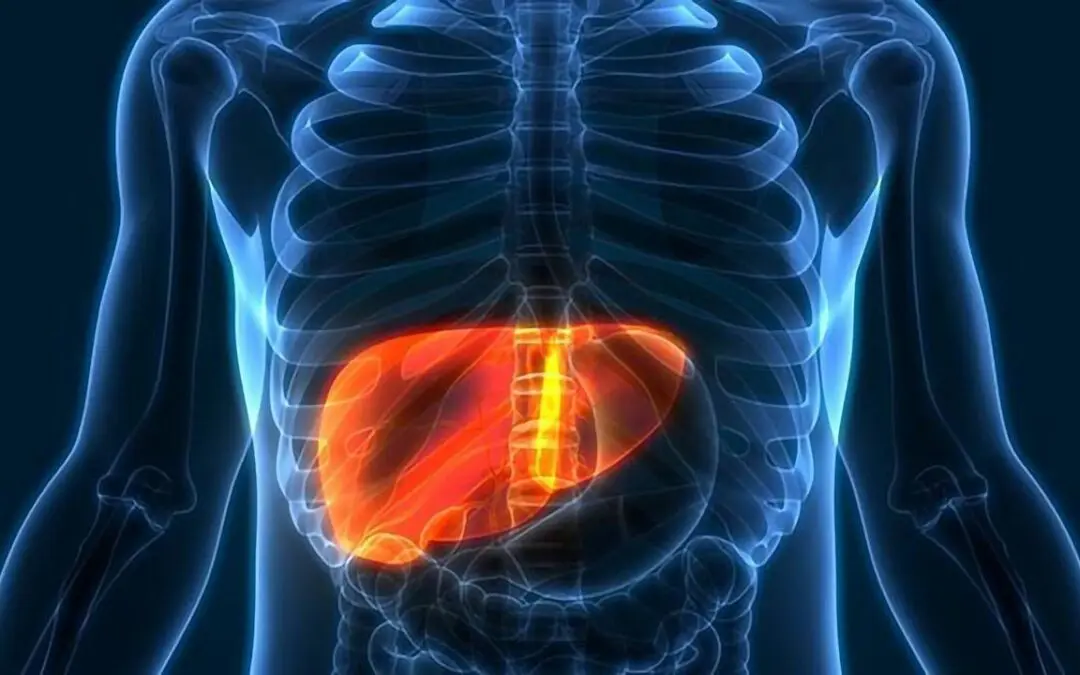The causes of liver cancer are changing according to a new report in Cell Metabolism.
According to the report, there are several reasons for the changes. First, we’re seeing more alcohol consumption and a rise in obesity. And second, there are advancements in treatments for hepatitis B and C, which have been linked to liver cancer.
Non-alcoholic steatohepatitis, an advanced form of non-alcoholic liver disease, is the fastest growing cause of death among liver cancer patients when adjusted for age. And age-adjusted liver cancer deaths from hepatitis B and C are down because of increased vaccination and antivirals available to treat the disease.
Still, worldwide, liver cancer is the third leading cause of death.
According to an article in Hep, a publication for those living with hepatitis, liver cancer is oftentimes diagnosed in late stages. In 2020, 830,000 people died globally from liver cancer with 30,000 dying in the United States.
Stages of Liver Cancer
There are four basic stages of primary liver cancer, according to the American Society of Clinical Oncology,
- Very Early Stage: The tumor is smaller than two centimeters and bilirubin levels are normal. Surgery is usually recommended.
- Early Stage: The tumor is less than five centimeters, and liver function varies. At this stage some patients may be candidates for transplant, surgery or radio-frequency ablation.
- Intermediate Stage: The tumor is larger, or there can be more than one tumor. Doctors tend to recommend regional therapies.
- Advanced Stage: The cancer has spread to other parts of the body like the lungs, lymph nodes or bones. Doctors look at targeted therapies for treatment.
“If you’re talking about primary liver cancer, surgery to resect it if you can, that’s the best thing to do because a lot of the liver can regenerate itself,” says Dr. Mark Pomper, board-certified radiation oncologist and medical director of the CyberKnife Center of Miami. “The next treatment choice I would look at is CyberKnife because if you have a large lesion you want to minimize the amount of normal tissue that’s going to be treated and CyberKnife can do that.”
Dr. Pomper treats liver cancer patients with CyberKnife – a system that uses image guided radiation technology to target tumors and kill liver tumors with pinpoint accuracy.
“If you’re talking about liver metastases, which has spread to the liver from other cancers, CyberKnife is an ideal option,” says Dr. Pomper.
CyberKnife Treatment for Liver Cancer
CyberKnife is an alternative treatment option for liver cancer that’s metastasized, those who cannot undergo surgery or don’t want to, and for those whose tumors can’t be 100% removed with surgery, according to Accuray, the maker of CyberKnife technology.
CyberKnife delivers radiation directly to the tumor, leaving healthy surrounding tissue unharmed. With CyberKnife, patients often need a shorter course of treatment because of the targeted radiation. And if there’s a recurrence, the area can be treated again.
A study of 75 liver cancer patients who were treated with CyberKnife showed that 89.8% of patients showed no cancer progression outside the liver two years after treatment. The survival rate at the one-year follow-up was 78.5% and 50.4% at the two-year mark.
Liver Cancer Statistics
According to the National Foundation for Cancer Research:
- Men are three times more likely to get liver cancer than women.
- The liver is a common place for cancer to metastasize, especially with colorectal, breast, esophageal, stomach, lung, kidney, pancreatic and melanoma skin cancers.
- Symptoms of liver cancer can include weight loss, nausea, loss of appetite, feeling full after a small meal, abdominal pain, fluid in the abdomen, itching, yellowing or jaundice of the skin or eyes, an enlarged liver or spleen.
Cancer Treatment Center in Miami
CyberKnife Miami opened its doors 20 years ago and was the first CyberKnife center to open in the Southeast United States.
We treat patients from Miami-Dade, Broward, Palm Beach, and Monroe counties as well as patients from across the country and the world.
If you would like to find out more about liver cancer treatment with CyberKnife, call us at 305-279-2900 or go to our website now for more information www.cyberknifemiami.com.

